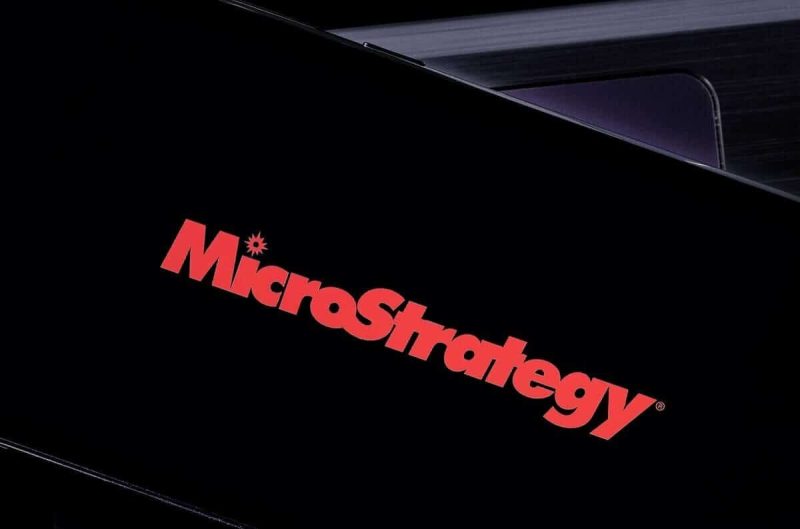Vanguard Holds Significant Stake in MicroStrategy, Indirect Bitcoin Exposure

Source: AdobeStock / photo_gonzo
Vanguard, one of the world’s leading asset management firms, has secured a substantial stake in MicroStrategy (MSTR), providing investors with indirect exposure to Bitcoin (BTC).
While Vanguard has opted against launching Bitcoin exchange-traded funds (ETFs) on its platform, its move into MicroStrategy stock positions it as a significant player in the crypto space.
As of September 2023, Vanguard Group held an impressive 1,126 million shares of MicroStrategy, translating to an ownership stake of 8.24%, according to data from Yahoo Finance.
The hefty investment makes Vanguard the second-largest institutional shareholder in the business intelligence firm.
However, what makes this investment particularly intriguing is the fact that MicroStrategy has strategically diversified its balance sheet by accumulating a staggering 189,150 BTC over recent years, valued at approximately $5.9 billion.
Consequently, some analysts have labeled MicroStrategy as “essentially a leveraged Bitcoin ETF.”
Vanguard Bans Customers From Accessing Spot Bitcoin ETFs
Unlike several other asset managers that have introduced spot Bitcoin ETFs, Vanguard has deliberately distanced itself from the crypto market.
On January 11th, as a wave of asset managers debuted spot Bitcoin ETFs on major Wall Street exchanges, Vanguard opted to block the purchase of such products.
The company justified its decision by stating that these products did not align with its vision, as it remains focused on traditional asset classes like equities, bonds, and cash, which it views as the building blocks of a well-balanced, long-term investment portfolio.
However, despite its official stance on Bitcoin ETFs, Vanguard’s substantial holdings in MicroStrategy indicate its underlying indirect exposure to the cryptocurrency market.
The indirect exposure means that Vanguard’s mutual funds, including the Vanguard Total Stock Market Index Fund, Vanguard Small-Cap Index Fund, Vanguard Extended Market Index Fund, and Vanguard Small-Cap Growth Index Fund, are potentially influenced by the volatile price movements of Bitcoin.
In contrast to Vanguard, UBS, the Zürich-based banking giant, has said it will let some clients who desire to trade bitcoin ETFs do so, subject to some conditions.
The conditions, according to the person close to UBS who asked to not be named, include: UBS cannot solicit the trades and accounts with a lower risk tolerance won’t be able to buy them.
Citigroup, meanwhile, “currently provides our institutional clients with access to the recently approved Bitcoin ETFs from an execution and asset servicing perspective,” a spokesperson said.
The New York-based global bank is “evaluating the products for individual Wealth clients.”
In a historic move, the SEC granted approval to 11 spot Bitcoin ETFs, marking a significant departure from more than a decade of regulatory opposition.
The decision has opened the door for major traditional financial giants such as BlackRock, Invesco, and Fidelity to provide direct access to funds that invest in Bitcoin.
On their debut trading day, spot Bitcoin ETFs witnessed a remarkable $4 billion in trading volume, as per data from Yahoo Finance.
The post Vanguard Holds Significant Stake in MicroStrategy, Indirect Bitcoin Exposure appeared first on Cryptonews.



